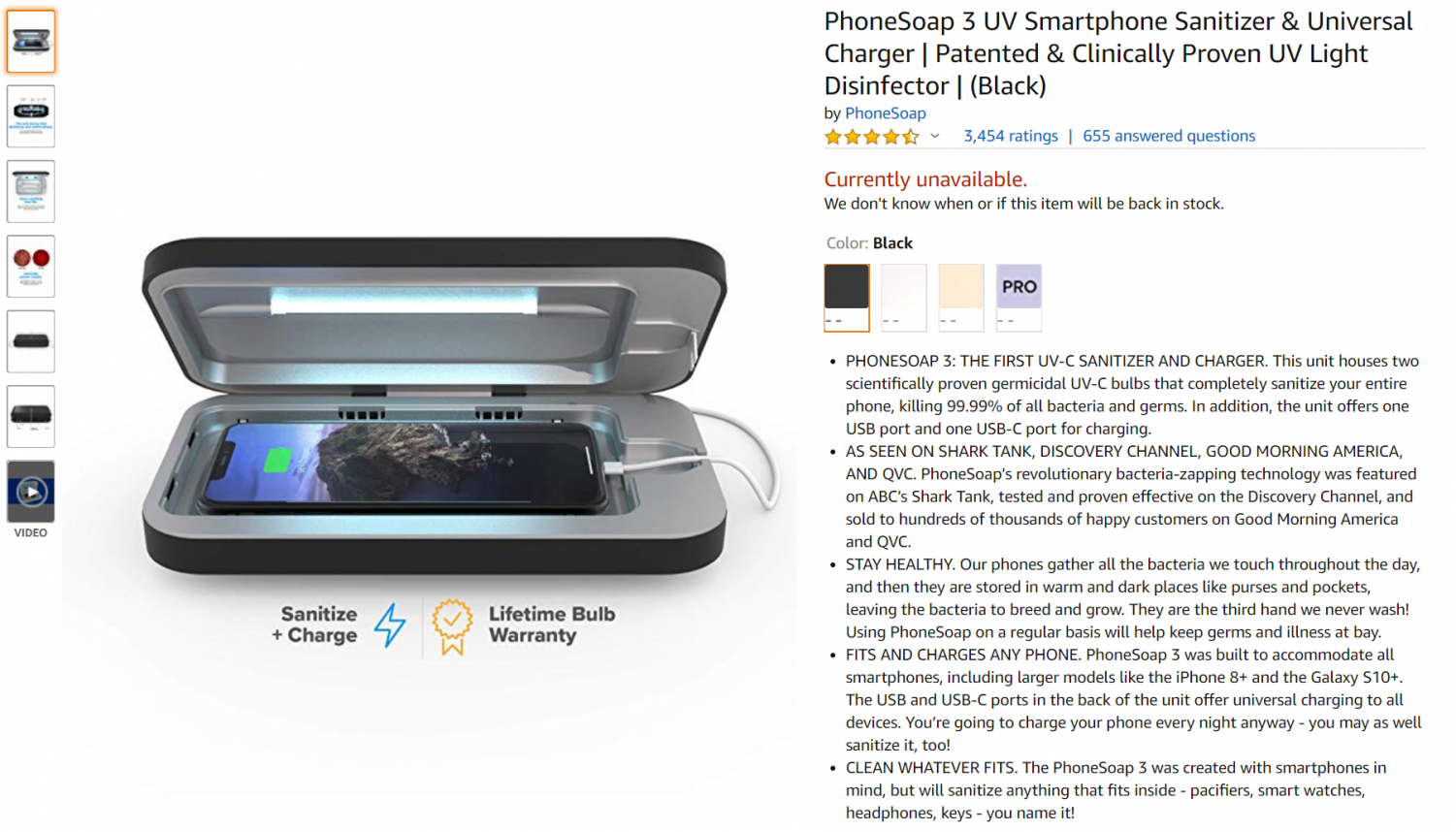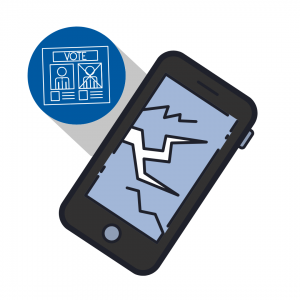KYLIEBYTES: Are your smartphones spreading the coronavirus?
Studies show cellphones carry 10 times more bacteria than a toilet seat
March 12, 2020
I’m Kylie Robison and this is KYLIEBYTES, a column where I talk about technology and its impact on society. Follow me on Twitter @kylie_robison for more.
The coronavirus panic seems to be more infectious than the disease itself. With school closures, shifts to online instruction, and a lot of empty shelves being covered by every major news organization today, it’s hard not to be a little nervous.
What we do know is that public health officials advise us to wash our hands for at least 20 seconds with warm water and soap. It seems easy enough, but what about the device that’s in our hands almost all day?
IPhones and smartphones in general seem to be the perfect offender for the spread of an infectious disease. This pocket-sized device follows us throughout the day, in and out of bathrooms, on our public transport journeys and more.
Everyone should be thinking critically about what their hands are touching on a day-to-day basis, so naturally, everyone should be cleaning their phones.
I’m already a pretty big hypochondriac, so I use a Lysol wipe on my phone regularly. As a result of this outbreak, I clean it daily, but it made me think how other people might not even consider the threat our phones pose.
The average American picks up their smartphone at least 52 times a day, and as a student, I have to imagine we might have a larger habit. The bacteria on our hands is extremely likely to stay on that phone, and if you pick up a phone call, whatever elevator button bacteria you were touching earlier is now resting against your face.
Studies done at the University of Arizona showed that cellphones carry 10 times more bacteria than a toilet seat, “largely because toilet seats are typically cleaned more frequently while personal electronics are largely overlooked.”
With the coronavirus spreading so rapidly, we need to be taking all the precautions we can, especially when many of our fellow students could have compromised immune systems. It’s our responsibility to listen to health officials, and be mindful of our hygiene.
There are proper ways to clean your phone, and Apple even released an update to it’s cleaning policies, advising users to utilize 70 percent isopropyl alcohol wipes. Samsung, however, advises to just use a microfiber cloth with warm water because using alcohol wipes can remove the coating smartphones use to prevent smudging and oil buildup.
If you want to get a cool gadget to safely clean your device, I have good news and bad news. The good news is, there is a sanitizer that cleans your phone with UV-C light while simultaneously charging it, called PhoneSoap.
The description claims that this device kills 99.99% of all bacteria, and can also clean smartwatches, headphones and more. Experiments done by users show great success cleaning their phones with PhoneSoap, so it might be the best solution.
The bad news? It is sold out, in all colors, on Amazon.
Story continues below screenshot.

So in the wake of this epidemic, my advice is to always listen to health officials. Don’t fall victim to the panic, just keep calm and clean your devices.



































































































































